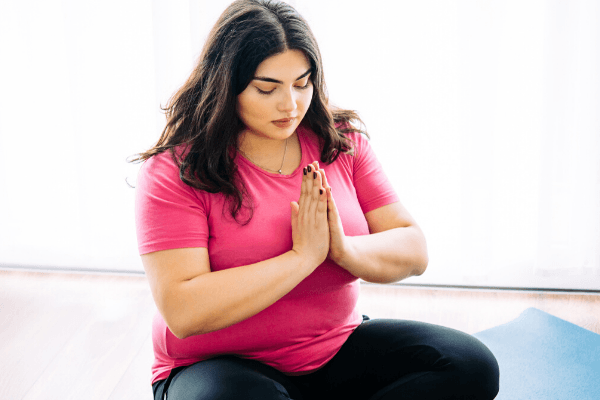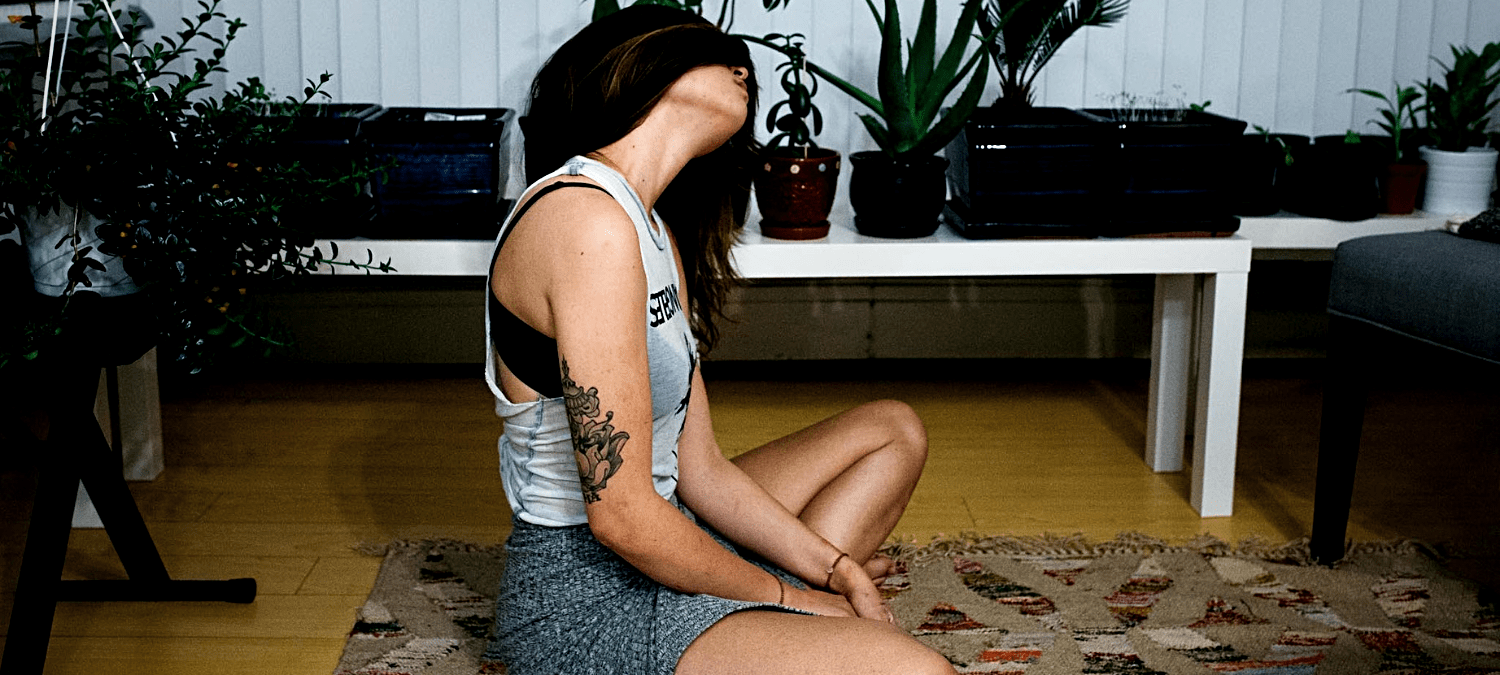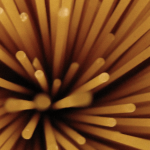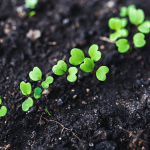Joyful Movement During Coronavirus & Social Distancing
As people with eating disorders try to adapt to this new “normal,” they may experience difficulty in maintaining a healthy relationship with movement.
For many people with eating disorders, their relationship with movement and exercise is just as complicated as their relationship with eating behaviors and food. At Alsana, movement isn’t separate from our approach to holistic treatment; it is a key component of our Adaptive Care Model and part of the recovery process. Let’s talk about how to hold space for joyful, healing movement during these uncertain times.
There’s no room for black-and-white thinking

Among many other things, the Coronavirus pandemic has disrupted one of the most important resource for people living with an eating disorder: having a routine. For some people, the loss of a workout or exercise routine during social distancing is a frustrating inconvenience. For others, the loss of a movement routine–or any routine, for that matter–is terrifying.
Here are the facts:
- To varying degrees, depending on where you are, movement and exercise routines are going to be different right now and for some time. We can adapt to this “new normal”.
- It’s ok to have negative feelings about this situation, as long as they don’t turn into shame or blame.
- There is no such thing as a “best” exercise routine.
- There are many ways to explore joyful movement that don’t require you to leave home.
- Now is a great time to be curious and observe how you’re reacting to your situation while giving yourself self-compassion and permission to explore new things.
- Social or physical distancing does not mean social isolation. You are not alone!
- You are not alone…I just felt like I should say that one twice.
Start with Intent
If you visited this page hoping to find a perfectly prescribed, quarantine boot camp workout regimen, sorry. That’s not what we’re about.
We believe it’s our job to support clients in understanding how to move, not tell them which movements to do.
In other words, our work has nothing to do with instructing anyone on what or when to move their body and everything to do with helping people to cultivate a relationship with movement that works with their body rather than against it.
The first step is to identify your intent. Why is it important to move? If you can honestly answer that question and find that the answer is a self-compassionate one, move on to step two.
Step two, and a question a lot of us might be asking ourselves is, what can I actually, safely, realistically do under the current circumstances? It’s not an easy question for all of us to answer. My advice is to focus more on the creativity and curiosity that could be involved with this task rather than fixating on all the things you can’t do right now. Reflecting on movement opens this time to be an opportunity for understanding and trying new experiences, rather than one of loss of freedom or denial of routines.
Step three is to create and experience joyful movement without attachment.
Whatever you do today, you don’t have to do it again tomorrow… or ever! This doesn’t have to be your “new thing” and you don’t need to post it on social media as proof that you’re still working hard enough. Just try something while detaching from the outcome and the idea that you need to do the “best” workout.
Don’t worry about tomorrow. Be fully present in the movement you choose – maybe even try it without TV or music or any other distractions– so you can get the most out of it. If you’re a journaler, I encourage you to record these sessions– not how many calories you burned or reps you completed, but how did the activity make you feel? Did you find joy? Did you feel empowered? Was it not for you? Why or why not?
Step 4 is to hop out of bed tomorrow with an open mind and an open heart, ready to try out another joyful activity, harmonizing body and mind– and to remember, again, that you are not alone.
Be adaptive with your movement
Flexibility and adaptability are endlessly important in recovery. Rigid relationships with movement are dangerous. They are like cages; the extent to which one is dependent on a certain “ideal” exercise routine to feel “ok” is the extent to which they are a captive- a prisoner-of that routine. It takes mindfulness to determine what is best for you right now and while that isn’t easy, it is definitely worthwhile.
As I said before, no one denies the importance of routine for people struggling with an eating disorder or any other mental illness. But routines are meant to provide structure. They are not meant to tie us down.
It may now be necessary for many of us to architect new routines to help us peacefully coexist with the pandemic. It’s worth remembering that flexibility is an important skill both now and in the longer term because life is never really as predictable as we think it is. We need to be adaptive in our relationship with movement in light of social distancing and the ever-changing environment due to Coronavirus. We will need to continue to be flexible once it has passed.
Ultimately, pandemic or not, we all ought to try to create movement as a form of self-care, not treat it as a rigid checkbox to mark each day. That part hasn’t changed.
Remember, movement is an opportunity to honor our bodies.
Movement is – and will continue to be – an instrumental component of our Adaptive Care Model ™ at Alsana. We believe strongly that a healthy, joyful relationship with movement is a vital ingredient in the recipe for recovery from an eating disorder. The human body is meant to move, and we celebrate this at Alsana with opportunities for our clients to discover ways to move that are joyful and life-giving.
As you work to navigate these uncharted waters of the Coronavirus and all the challenges it brings with it, give yourself permission and support to choose movement as an expression of healing and joy and not as a vehicle of punishment or shame.

Our Recommended Articles
Start the road to recovery with Alsana.








